- +91-7077714001
- [email protected]
- 24 X 7 Main Gate Security Help line: 7077714017
- Home
- About
- Institute
- Academics
- Campus and Facilities
- Research and Development
- Training and Placement
- Alumni
Menu

Electrical Engineering formulates the basis of most modern applied technologies. It nurtures fundamental science over the expansions in to Electronics, Instrumentation, Control, Power Electronics, Renewables, Smart systems, Electric Automobiles, Avionics, Bio-Medical Instrumentation etc. In Electrical engineering, the horizon is the limit. This department of Electrical Engineering at PMEC was founded in the year 2009 under the aegis of Government of Odisha. Since then department of Electrical Engineering has come a long way with lateral expansions. Presently the student intake capacity in B.Tech program is 120 and the Post Graduate program in Power Systems is 18. The department focuses on utilizing its resources to craft creative minds for searching solutions to the real world problems.
Vision of the Department
To emerge as a nationally recognized centre of excellence for professional education in Electrical Engineering by imparting quality education towards the holistic development of students, with emphasis on academics, research and technological services for the betterment of society.
Mission of the Department
Programme Educational Objectives (PEOs)
| Sl. no | Programme Educational Objectives |
1. | To develop capability to understand the fundamentals of science and Electrical Engineering for analyzing the engineering problems with futuristic approach. |
2. | To foster a confident and competent graduate capable to solve real life practical engineering problems fulfilling the obligations towards society. |
3. | To inculcate an attitude for identifying and undertaking developmental work both in industry as well as in academic environment with emphasis on continuous learning enabling to excel in competitive participations at global level. |
4. | To nurture and nourish effective communication and interpersonal skill to work in a team with a sense of ethics and moral responsibility of achieving goal. |
Programme Outcomes (POs):
Engineering Graduates will be able to:
Program Specific Outcomes (PSOs):
The graduates of electrical engineering programme will be able to:

Welcome to the department of Electrical Engineering at Parala Maharaja Engineering College, Berhampur, Odisha. The department works with the objective of addressing critical challenges faced by the Industry, society and the academia. Perhaps even more important is our unceasing commitment to our students, helping them to learn, grow, develop, and achieve their goals in their pursuit to excel in their professional career.
Department of Electrical Engineering is one of the largest department in Parala Maharaja Engineering College with nearly 18 faculty members and more than 500 undergraduate and master’s students. The department’s graduate programs continue to draw from a very strong application pool. The department was established in the year 2009 and since its inception the department has evolved from offering only undergraduate courses to offer post graduate and doctoral programmes in key areas of electrical engineering.
The department faculty work with excellent team spirit in different technical team like Power System, Electrical Machines, Power Electronics, Modern Electric Drives, Control System, Renewable Energy, Electrical Measurement & Instrumentation, Power Generation, Communication systems, Electronic gadgets, Programming of Microcontroller, Digital System Design etc. which leads to key research publications in these areas. The department strives to provide a conductive environment for the students to develop analytical and practical skills and apply them to real world problems. To motivate the students the department organizes regular training in state of art software & hardware, arranges workshop, technical events, seminars & industrial visit.
We welcome you to the Electrical Engineering Department as undergraduate or post graduate or research student and we hope to be part of your success.
Dr. Bhagabat Panda
Professor and Head
Dept. of Electrical Engineering
Parala Maharaja Engineering College, Berhampur, Odisha
Courses Offered
Electrical Engineering Department in PMEC is offering the following courses:
(Intake: 120 Seats +5%TFW+10% Lateral Entry)
(Intake: 18 Seats)
To be updated soon...



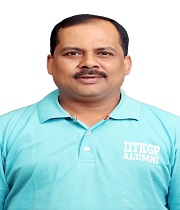



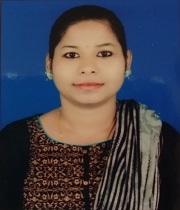
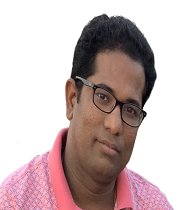










Electrical Engineering Department has the following well equipped laboratories:
| Sl. No. | Laboratories |
| 1. | Basic Electrical Engineering Laboratory (RBE1B201 Lab Manual) |
| 2. | Network Theory and Devices Laboratory (PEE3I101 Lab Manual) (REE3C202 Lab Manual) |
| 3. | Electrical Machine I Laboratory (PCEE7203 Lab Manual) (PEE3I103 Lab Manual) |
| 4. | Electrical and Electronics Measurement Laboratory (PEE3I104 Lab Manual) |
| 5. | Electrical Machine II Laboratory (PEE4I101 Lab Manual) |
| 6. | Control and Instrumentation Laboratory (PEE4I102 Lab Manual) |
| 7. | Electric Power Transmission and Distribution Laboratory (PEE4I104 Lab Manual) |
| 8. | Power Electronics Laboratory (PEE5I101 Lab Manual) |
| 9. | Advance Electrical Computational Laboratory (PEE5I201 Lab Manual) |
| 10. | Electrical Drives Laboratory (PEE6I102 Lab Manual) |
| 11. | Power System Operation and Control Laboratory (PCEE7401 Lab Manual) (PEE6I102 Lab Manual) |
To be updated soon...
| Sl. No. | Content | Uploaded By |
| 1 | Basic Electrical Engineering Lab | Dr. Saroj Padhan |
| 2 | High Voltage Engineering | Dr. Saroj Padhan |
| 3 | Power System Lab | Dr. Saroj Padhan |
| 4 | Power System Operation and Control | Dr. Saroj Padhan |
| 5 | Network Theory | Dr. Saroj Padhan |
| 6 | Basic Electrical Engineering | Dr. Saroj Padhan |
To be updated soon...
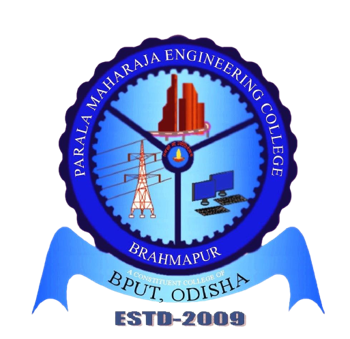
Parala Maharaja Engineering College, Sitalapalli, Berhampur – Pin-761003, Odisha, India
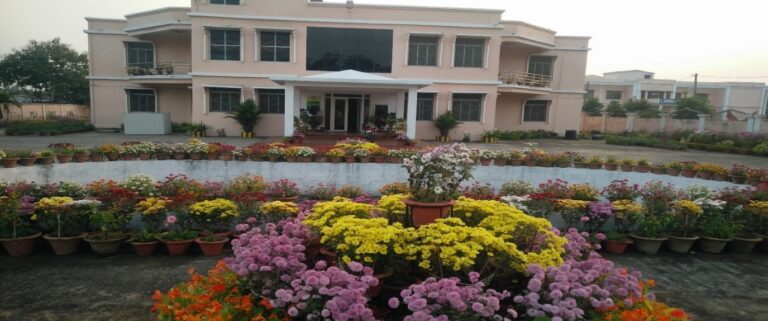
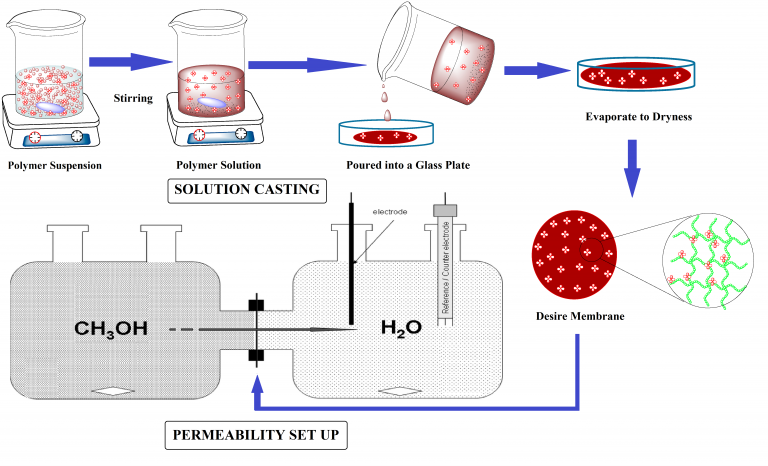
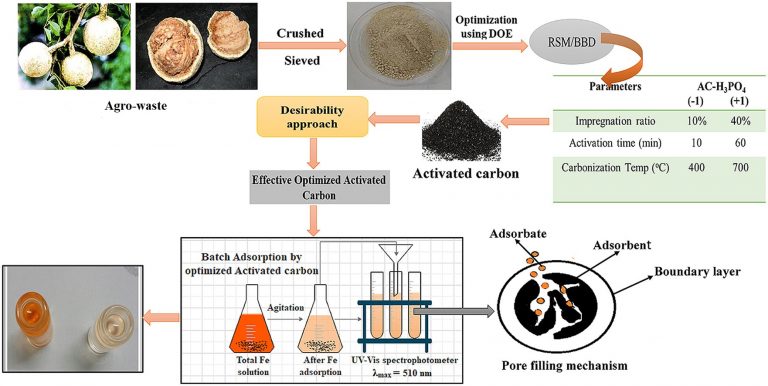
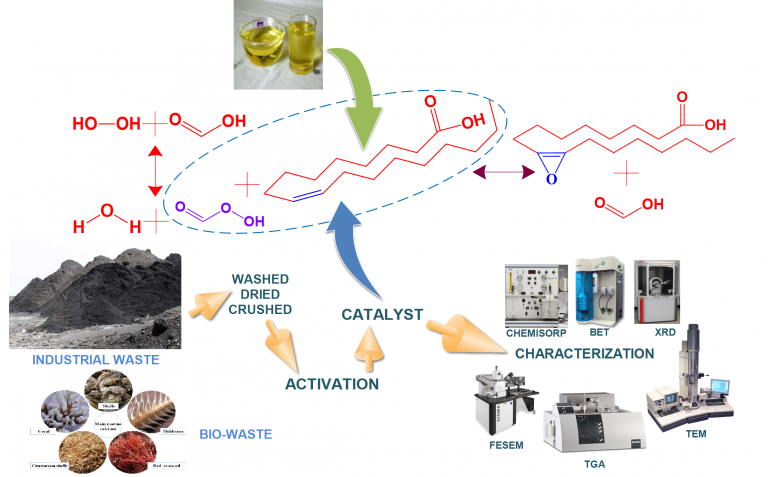
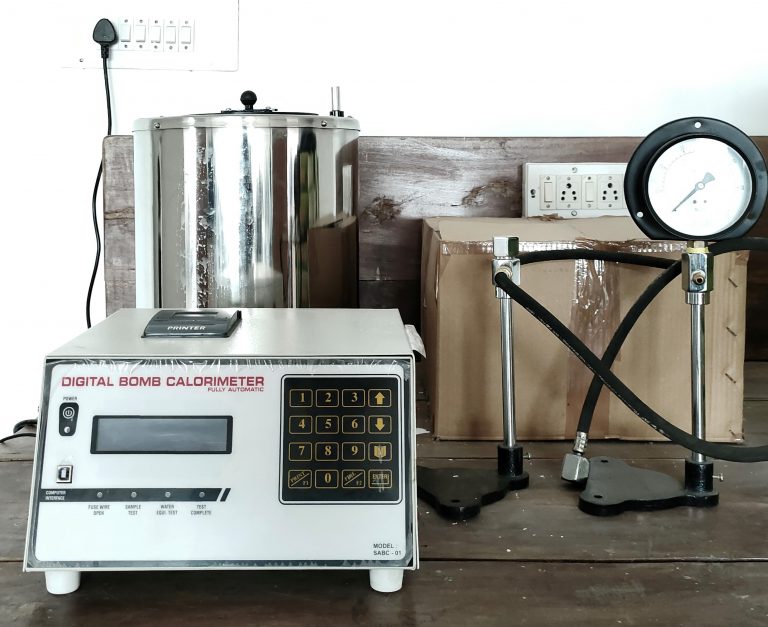
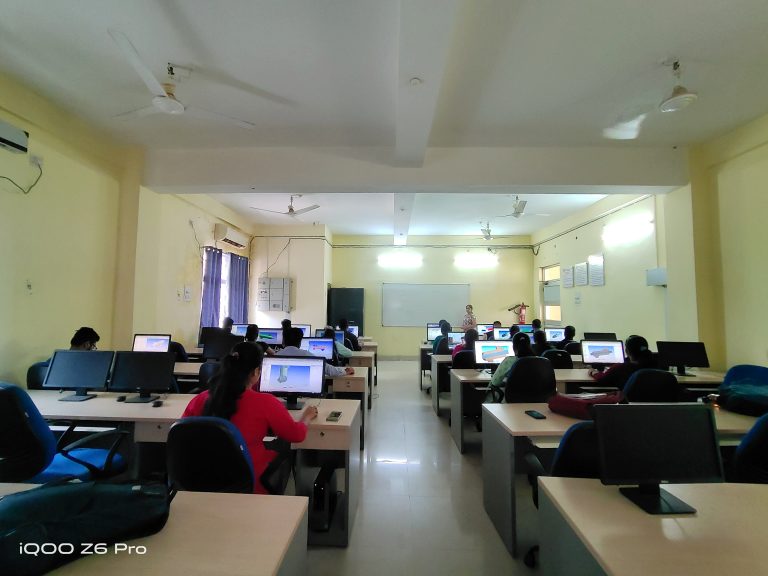
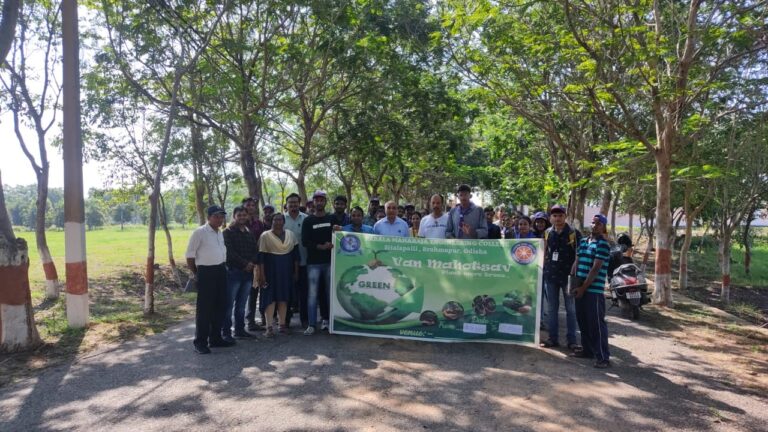
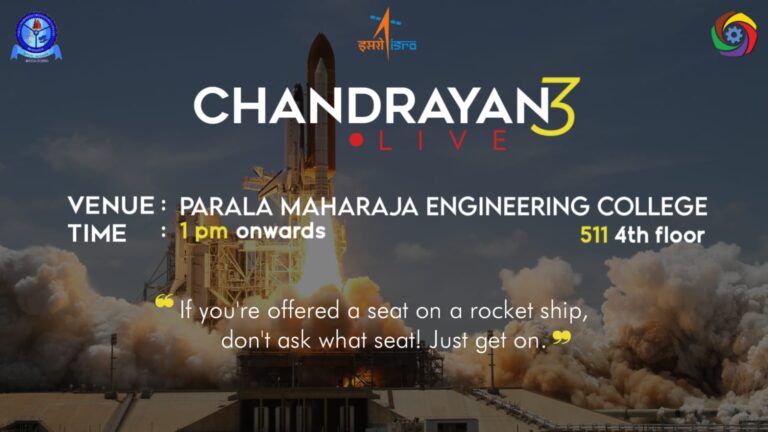
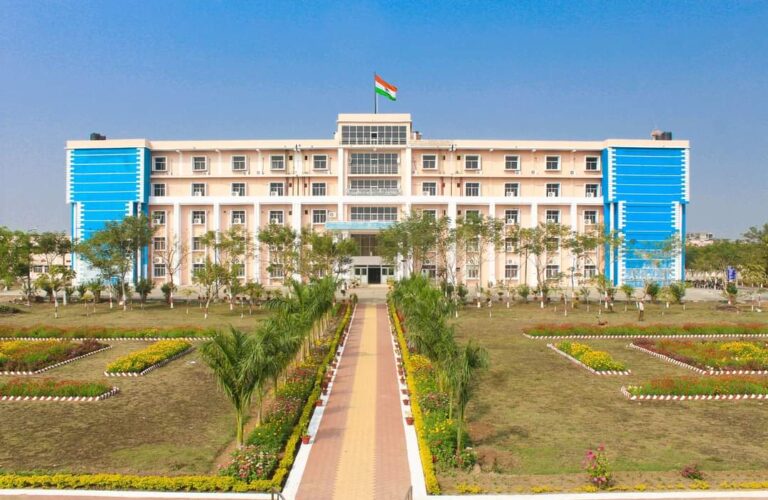
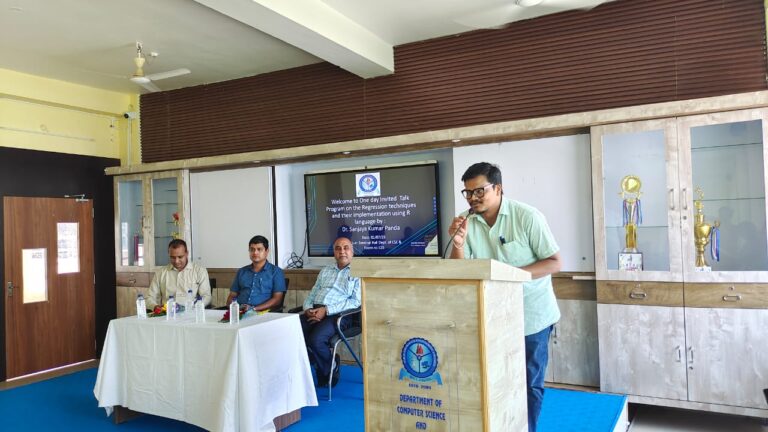
Copyright © 2023 Parala Maharaja Engineering College. All Rights Reserved.
Designed & Developed By Suryanandan.net